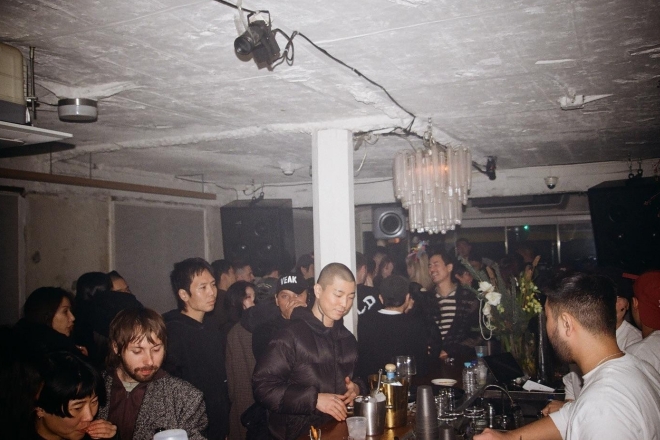Seoul’s only electronic music gay bar Kockiri closes its doors indefinitely
The Itaewon venue, which hosted its last event on December 31, 2024, cites cultural & licensing challenges for its closure

Kockiri, Seoul’s only electronic gay bar that welcomed people of all sexual orientations, has announced its indefinite closure starting January 2025.
The decision was attributed to challenges stemming from the cultural atmosphere and difficulties related to licensing for dancing.
Located in Itaewon, a district celebrated for its popularity among international tourists and the LGBTQIA+ community, Kockiri was home to some of Seoul’s top DJs, including Maktoop, Youknowsong, Sucowania, Uni, and July.
The bar hosted its final party on December 31, 2024.
The bar, whose name means “elephant” in Korean, was known for its bold identity, high-quality interiors, and reputation for delivering some of the best music Itaewon had to offer.
What set Kockiri apart was its distinctive approach to music, never clinging to a rigid concept or genre. Instead, its music director focused on inviting DJs who could read the room and respond to the energy of the crowd; “Genre doesn’t matter,” shares music director, Youknowsong.
“What matters is that the DJ connects with the room and gives something back to it,” he adds.
Read this next: On queer futurity through rave collectives in Southeast Asia
The news of its closure marks a significant loss for Seoul’s LGBTQI+ and music communities. For the past three years, Kockiri served as more than just a bar—it was a gathering place for music lovers of all identities, ages, and flavors.
With its motto emphasising respect for people's differences and fostering inclusivity, Kockiri has been at the forefront of promoting unity and tolerance. The announcement of the closure came unexpectedly, with Kockiri citing challenges related to the “cultural and scene atmosphere”.
“We aimed for oneness, but we could not win every night in creating that vibe,” shared owner Maktoop, reflecting on the venue's aspirations.
He further explained, "The mix of unorthodox music philosophy in addition to important contributions from active communities—human rights organisations, varied gender identities, post-artists, visitors, entertainers, and creative staff members—were crucial in creating a thriving space for inclusion and self-expression."
Read this next: New documentary explores Radio Revolution's impact on Korea’s underground scene
The news was initially spread via cryptic Instagram posts and stories, mentioning future changes to be made in the bar. This created a lot of uncertainty among the bar's frequent guests, with posts mentioning a sudden shutting down and an uncertain alcohol scheme that took everyone by surprise.
Despite the indefinite closure, the owner emphasised that this is not the end for Kockiri but rather a “pause” to refocus, reflect and plan the bar's next steps while reusing the space for other mixed-use projects.
Questions remain regarding the specifics of these projects, the conditions under which Kockiri might reopen, and its long-term plans—details that will hopefully unfold in the coming months.
Daniela Solano is a freelance writer for Mixmag Asia, follow her on Instagram here.
Cut through the noise—sign up for our weekly Scene Report or follow us on Instagram to get the latest from Asia and the Asian diaspora!


